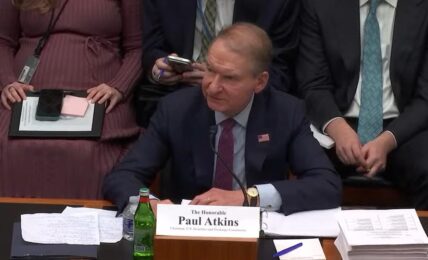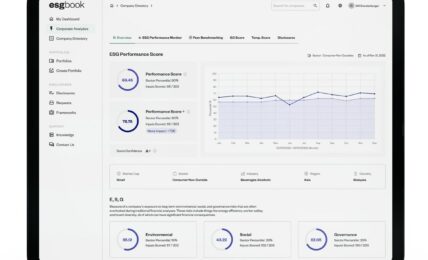UK fintech startup Unwritten announced that it has raised $3.5 million in a seed funding round, with proceeds aimed at advancing the company’s solutions enabling investors and companies to integrate climate change into their investment and capital allocation decisions.
Launched in 2022 by co-founders Dr. Phillip Marks and Amos Wittenberg, London-based Unwritten, formerly Dovetail Finance, provides solutions aimed at enabling investors, lenders and companies to price climate opportunity and risk at the company level, with modeling that quantifies the impact of climate change on the global economy, capturing the interdependencies between technology, regulation, and demand across complex supply chains. Unwritten’s analytics are designed to integrate firm-level data into financial models, translating complex climate-related information into financial data using big data techniques, covering financially material climate exposure for more than 40,000 firms.
Unwritten Co-founder and CEO Amos Wittenberg said:
“Great analytics help people ask the right questions in the right language, to inform the decisions their organisations make. Unwritten makes financial sense of the climate transition — not to predict the future, but so our clients can make the capital allocation decisions to build it”.
The seed funding round was led by London-based software VC Connect Ventures, followed by climate VC Planet A Ventures and other VC and angel investors from academia and industry including Sand River and Adapt Nation Capital.
Rory Stirling, Partner at Connect Ventures, said:
“The climate transition is the biggest risk and opportunity facing the global capital markets in our generation. We believe every capital allocator will utilise transition risk intelligence in the same way they do with audited financial statements today. We’re incredibly excited and proud to partner with the Unwritten team and believe they have the unique domain insights, technical capabilities and vision to build a category defining company in the emerging field of climate risk intelligence.”


